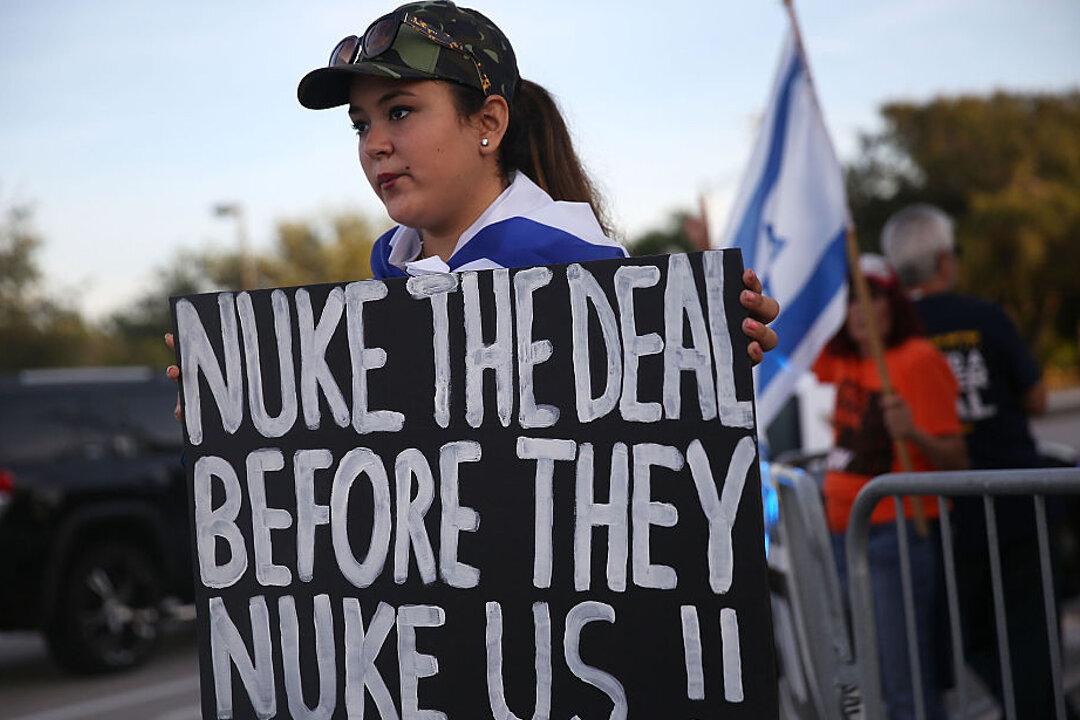The Obama administration used American satellites to spy on Israeli defense forces after signing the 2015 nuclear agreement with Iran, according to a New York Times report.
President Barack Obama signed the 2015 nuclear agreement with Iran, formally called the Joint Comprehensive Plan of Action (JCPOA) and the Israeli government was initially kept in dark about it, but “the Israelis found out anyway.”





